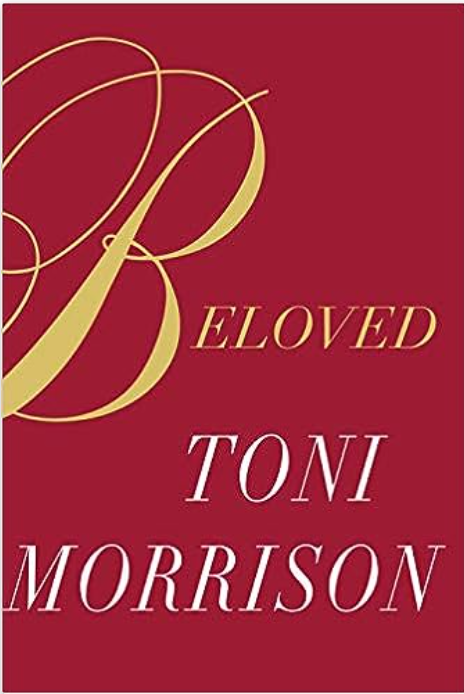What is Your Purpose for Writing this Novel?
Writers are inspired to write novels for all kinds of reasons.
- To make a statement they feel passionate about
- To document a personal story
- To bring resoluton to an issue or issues in their lives
- To explain things
- To tell a story they’d like to read but that hasn’t yet been written
- To test themselves and their skills
- To impress others
- To become famous
You may have your own purpose for writing and, in fact, it seems important that you do. Nobody ever wrote anything worth reading - and particularly a long narrative piece, like a novel - unless they cared deeply about what they wrote.
Powerful personal statements can make for great dramatic or literary fiction. You get a lot of that in powerful Black authors, like Toni Morrison or Alex Hailey. And, you got that with Ernest Hemingway, with his insights on war, and on masculinity.
Almost every long narrative writer gets to work on personal stories, like family histories. True accounts of the lives of relatives make great starting places for dramatic retellings, fictionalized accounts.
Young writers, in particular, often address crises in their lives, or personal issues. Read The Flame Throwers by Rachel Kushner.
Have you ever read Zen and the Art of Motorcycle Maintenance? Some writers develop long narrative explanations of life.
Inspired readers sometimes become novelists because the story they really want to read has never been written. That’s a tremendous incentive to write a novel because it implies that there is a story already living in your mind, you just have to commit it to text.
Some writers are technicians, and they write in all kinds of styles, and with all kinds of voices, just to flex their muscles, challenge themselves. I think of great athletic writers like Harlan Ellison, who penned so many classic “Twilight Zone” episodes. Inspired by French author Georges Simenon, who was rumored to have written an entire novel while sitting in a glass cage, Ellison in the 1970s started pulling similar stunts, churning out stories from bookstore windows overlooking Washington, London, Boston, and New York.
Some writers write to impress others, and perhaps Ellison fit into that category.
There is also the quest for fame, which is the least compelling reason for a writer to pen a novel. Novels don’t sell and fame is rarely dispensed from bookstore and libraries. It is a poor motivation, one that will be unlikely to produce anything at all, let alone anything worth reading.
Why Determining Your Purpose for Writing is Important
There are a great number of variables in writing of any kind, and especially in writing fiction.
Your decision around what the purpose of your novel is to be will likely determine virtually everything else that goes into the development of the idea:
- Setting
- Point of view
- Timeline
- Voice
- Attitude
- Plot
- Dramatic milestones
- Character development
The writer must ask - “Why am I telling this story?” “What kind of a story is it?” “What do I want the reader to come away with from reading the story?”
